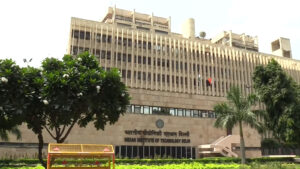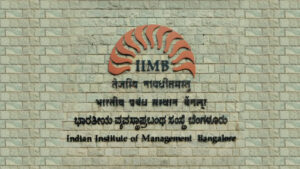Addressing UK Immigration is too High
2 min read
UK Immigration Policies Spark Concerns Among Indian Students: A Closer Look at Recent Changes and their Impact
On December 4, Prime Minister Rishi Sunak tweeted about radical actions to curb immigration in the UK, causing alarm among Indian students. Surprisingly, at a time when immigration policies tighten globally, the UK, led by someone of Indian heritage, announces restrictive measures. According to a Migration Advisory Committee report, student visas issued in 2019 were 404,400, soaring to 623,700 in 2022.
Notably, Indian students constitute a significant portion, with 1,42,848 student visas granted in June 2023 alone, marking a 54% increase from June 2022. Despite being the largest visible ethnic minority in the UK, the British Indian population, exceeding 1.8 million, faces concerns about the recent immigration changes.
Rishi Sunak’s ban on overseas students bringing families, except for postgraduate research degrees, and the restriction on switching from student visas to work routes until studies are complete, effective January 2024, has raised worries. The move may impact the mental health of Master’s students, particularly those opting for one-year programs that previously allowed family inclusion.
The recent alteration also affects the Graduate Route, initiated by the Boris Johnson government, allowing a two-year post-study work visa. The review of this route stems from concerns about graduates’ unexpectedly low earnings, mainly affecting Master’s students. While experts stress the importance of addressing potential abuse, they also advocate recognizing the genuine contributions of international students.
Indian students already in the UK, eligible for the two-year PSW visa, remain less concerned about the changes. However, those planning future studies express apprehensions about employment opportunities post-graduation and the feasibility of pursuing a career in the UK. Experts believe these changes might influence students to explore alternatives in neighboring countries for higher education.
Despite concerns, many experts believe that the allure of UK universities will endure. The reputation for academic excellence, diverse courses, and global recognition of qualifications makes the UK an attractive destination for Indian students. As the number of students enrolling in UK universities is projected to exceed 3 lakh in the next academic session, local experts argue against the notion that international student migration negatively impacts UK students or the housing market.
While acknowledging the need for immigration that the country requires, Lord Bilimoria suggests removing international students from net migration figures to alleviate unnecessary fears, prevent economic setbacks, and create a more welcoming environment for international students.
As international students continue to shape the landscape of higher education in the UK, the debate over immigration policies remains a critical topic, impacting not only the students but also the broader socio-economic landscape of the country.





